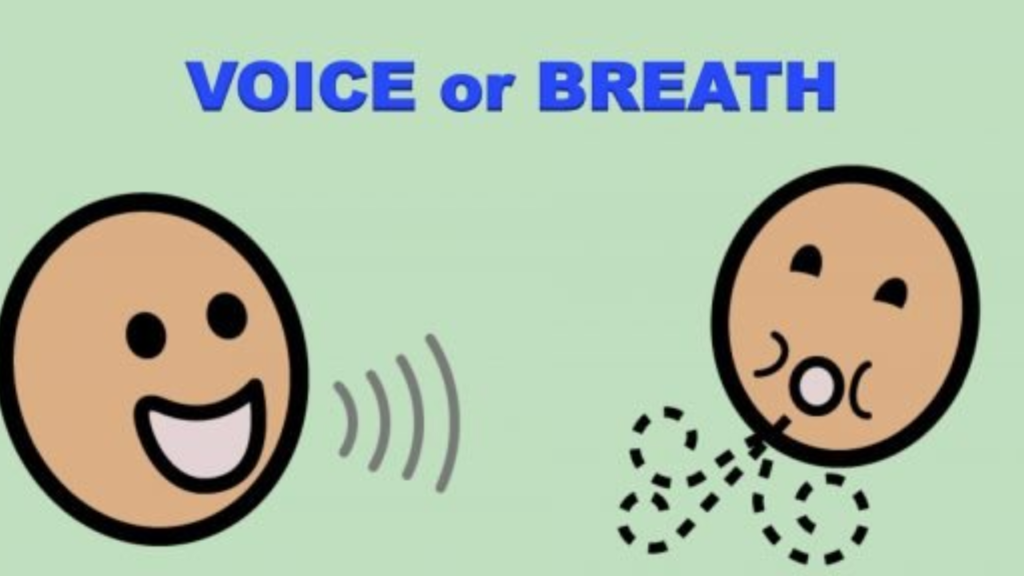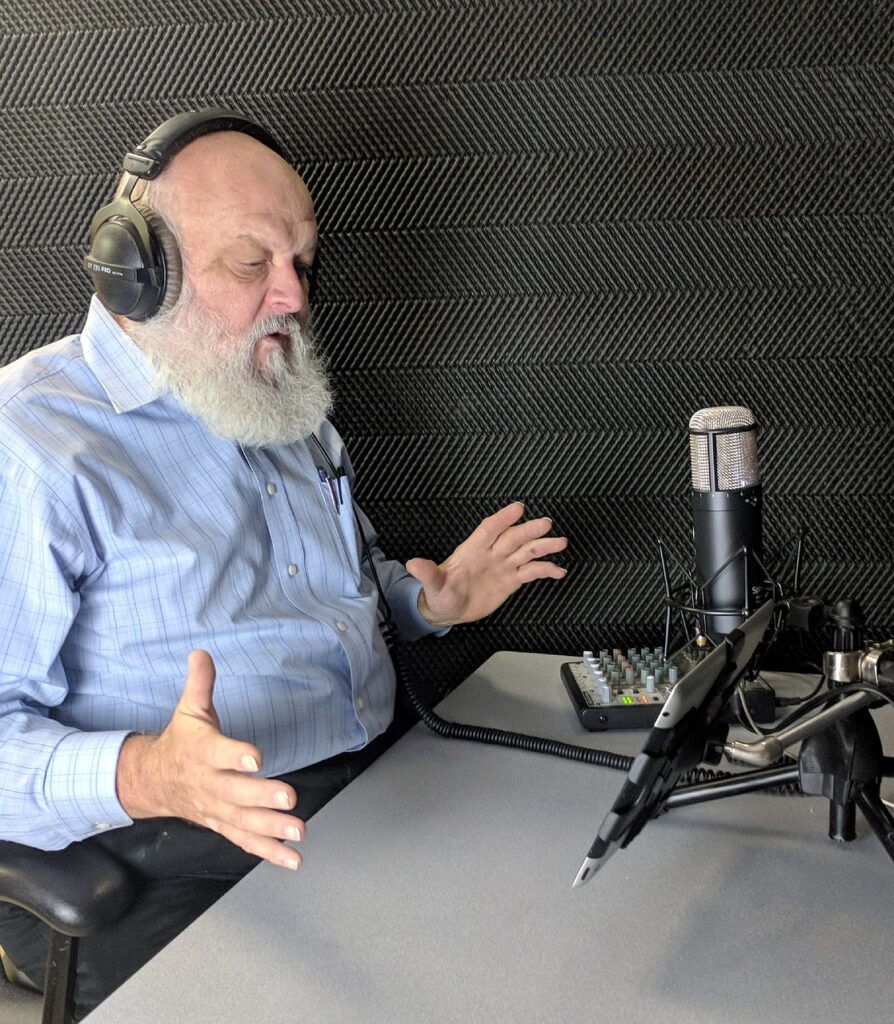How to Eliminate Mouth Noises When Voice Acting

Mouth noises—those pesky clicks, pops, and smacks—can be the bane of any voice actor’s existence. They can distract from your performance and require extra editing time to remove. Fortunately, there are several techniques you can use to minimize or eliminate these unwanted sounds during recording
Stay Hydrated
One of the simplest and most effective ways to reduce mouth noises is to stay hydrated. Drinking plenty of water throughout the day keeps your mouth moist and reduces the likelihood of clicks and pops. It’s best to drink water regularly rather than chugging it just before a recording session. Herbal teas can also be helpful, but avoid caffeinated beverages as they can dry out your mouth.
Practice Proper Mouth Care
Good oral hygiene plays a key role in minimizing mouth noises. Brush your teeth and tongue before recording to remove any buildup that could cause unwanted sounds. Using an alcohol-free mouthwash can also help by keeping your mouth fresh and moist. Additionally, consider chewing gum or sucking on sugar-free lozenges to stimulate saliva production before you start recording.
Use the Right Microphone Techniques
Microphone placement can significantly impact how much mouth noise is picked up during recording. Positioning the microphone slightly off to the side or below your mouth can reduce the chances of capturing unwanted sounds. Experiment with different angles and distances to find what works best for you. Remember, a pop filter can also help by reducing plosive sounds like “p” and “b.”
Control Your Breathing
Breathing is a natural part of speaking, but heavy or irregular breaths can create noise in your recordings. Practice controlled breathing techniques to ensure your breaths are smooth and even. Try taking deeper breaths from your diaphragm rather than shallow breaths from your chest. If necessary, pause between lines to take a quiet breath, allowing you to maintain consistent audio quality.
Warm-Up Exercises
Just like singers, voice actors can benefit from vocal warm-ups before recording. Simple exercises like lip trills, tongue twisters, and humming can help loosen up your vocal cords and reduce tension in your mouth, which can lead to fewer mouth noises. Spending just a few minutes warming up can make a noticeable difference in the clarity of your recordings.
Conclusion
Eliminating mouth noises in voice acting requires a combination of good habits, proper technique, and a bit of practice. By staying hydrated, maintaining oral hygiene, using the right microphone techniques, controlling your breathing, and doing warm-up exercises, you can significantly reduce these unwanted sounds in your recordings. Do you have any tips or tricks that work for you? Share them in the comments below!


